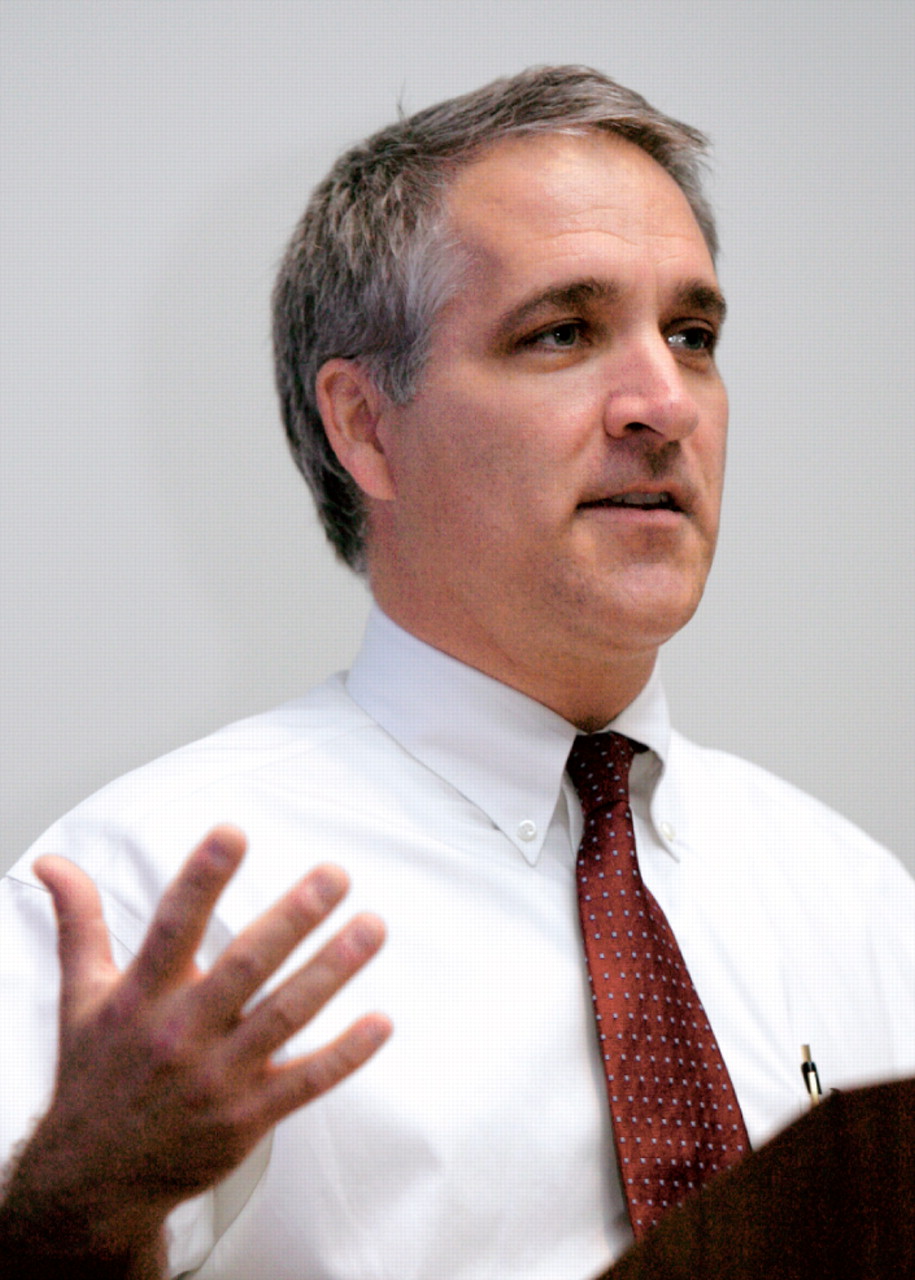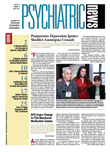Heightened scrutiny of expert medical testimony and sanctions by medical licensing boards and medical associations mean that psychiatrists need to take several precautionary steps before they testify in legal proceedings.
That was the message delivered by forensic experts at APA's 2007 annual meeting in San Diego in May.
The emergence of increased scrutiny of expert medical witnesses stems from growing complaints about physicians providing dubious or misleading testimony against colleagues in malpractice lawsuits, without the possibility of professional sanctions against such witnesses. Clinicians also have complained about the increasing use of out-of-state experts who specialize as expert witnesses, according to forensic psychiatrists who spoke at the meeting.
In response to a raft of complaints about these problems, the AMA now has a policy stating that medico-legal testimony by a physician expert witness should be considered the practice of medicine and that such testimony should be subject to peer review.
In recent years licensing boards have increased reviews of expert testimony and disciplinary actions against expert medical wit nesses in legal proceedings. Stepped-up oversight activity has included disciplinary measures for findings of unprofessional conduct, establishing licensing requirements for out-of-state physicians to testify as medical experts, and recommending standards for expert testimony.
Also, professional associations have implemented peer review and disciplinary steps in conjunction with expert testimony. Medical societies that take on these roles often form peer-review committees to investigate complaints filed against members because of testimony they have given as expert witnesses.
“The trend may be away from treating expert testimony as something other than the practice of medicine,” said forensic psychiatrist Philip Merideth, M.D., J.D. He is the chief medical officer at Brentwood Behavioral Healthcare in Jackson, Miss., and a member of APA's Ethics Committee.
The increasing risk of professional-society and medical-board sanct ions should convince physician experts to educate themselves to avoid legally precarious situations, he said.
Some physician experts have pushed back against the increased scrutiny, with mixed results. A Florida court found last year that a medical-society program that evaluated the testimony of expert witnesses in medical-liability cases was an unprotected form of peer review under state and federal liability laws.
Amid the complicated and changing legal landscape, experts in legal issues involving the medical profession, including Renée Binder, M.D., a professor of psychiatry and director of the Psychiatry and Law Program at the University of California, San Francisco, urged psychiatrists to take more precautions before testifying than they may have in past years.
Seek Out More Training
One suggestion to gain an understanding of relevant legal issues before testifying in either criminal or civil cases is to take an appropriate fellowship or pursue training leading to certification. Education also can clarify the rules on confidentiality.
Psychiatrists need training that is specific to forensic psychiatry, Binder suggested, which goes beyond diagnosing for the clinical setting to presenting expert opinions about diagnosis and treatment that comports with the way the legal system needs such information presented.
Expert witnesses should study state medical boards' standards for expert testimony and the licensing requirements for out-of-state witnesses, Binder emphasized.
The importance of a thorough understanding of state medical board requirements has been highlighted in the ongoing legal wrangling in South Carolina, for example, where the state medical board requires out-of-state clinicians who testify as expert witnesses to get a medical license in that state.
Physicians who plan to testify as medical experts should first understand the positions and policies of their state medical societies and state medical boards. Sanctions by professional organizations may be reportable to the National Practitioner Data Bank and are discoverable in litigation, Merideth said.
Physician groups that have guidelines for members who give expert testimony include APA, the AMA, and the American Academy of Psychiatry and the Law.
Binder also urged psychiatrists to avoid testifying on issues involving clinical situations with which they may be unfamiliar, such as treatment or policies on particular inpatient units.
Good Documentation Vital
The experts at the workshop agreed that detailed notes are critical during all aspects of a psychiatrist's involvement in legal proceedings. However, opinions differed on the benefits of audio or video recordings of interviews. Binder said she electronically records all such interactions to avoid accusations that she did something that could harm the person at the center of the case. Merideth countered, however, that records may be used in a follow-up suit against the psychiatric expert witness. The only case interviews he records are sexual-harassment cases involving women.
“Your audiotape will be micro-scrutinized by the opposing counsel,” he stressed.
Clinicians also should obtain written consent-form signatures from the subject of a legal case before releasing any evaluations, Binder said.
Merideth urged clinicians to have their own lawyer help them understand“ unclear legal situations” before they agree to provide expert testimony.
There are also early indicators pointing to cases that clinicians should avoid. Psychiatrists should avoid cases in which the person involved asks in advance for a specific medical opinion, according to Binder.
Another red flag for a legally perilous situation involves cases in which one party contacts the psychiatrist shortly before the trial is set to begin, since this often indicates that other experts have already abandoned a weak case. ▪

